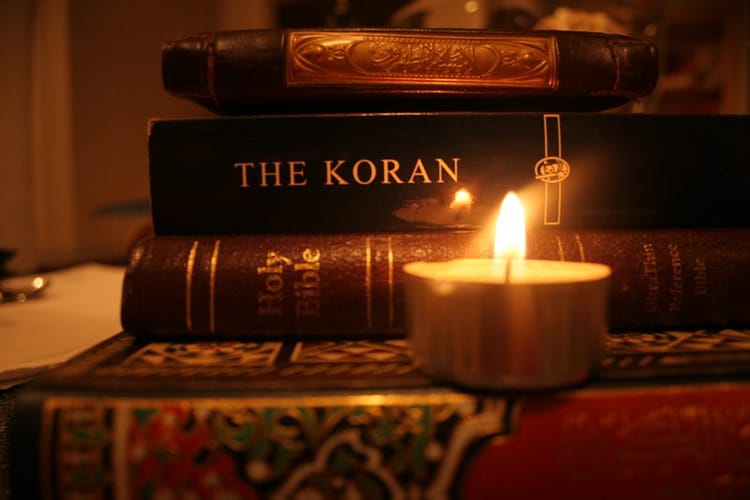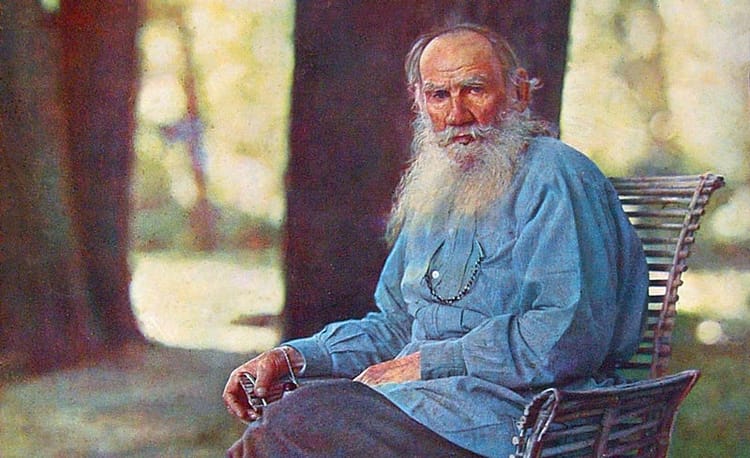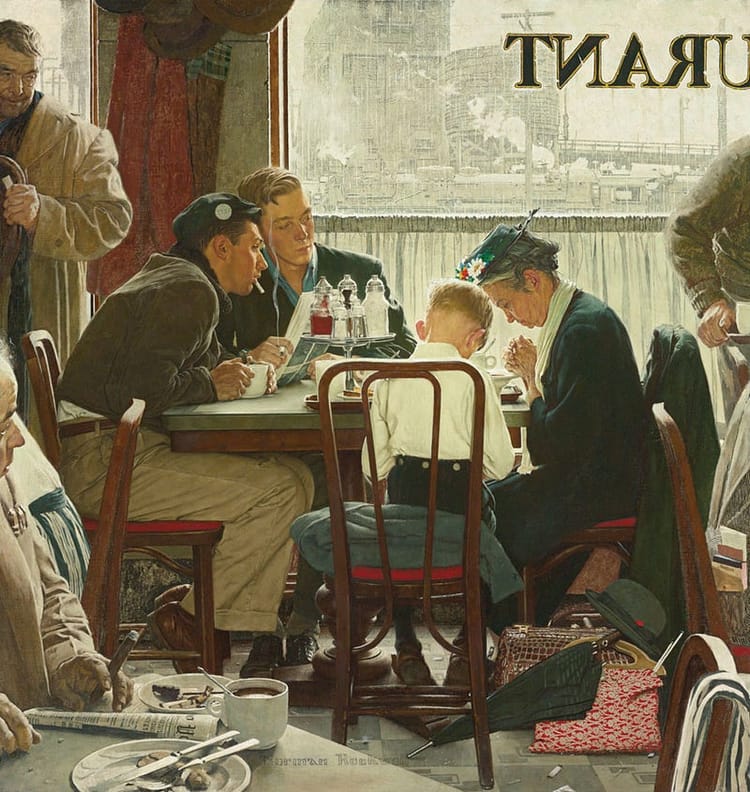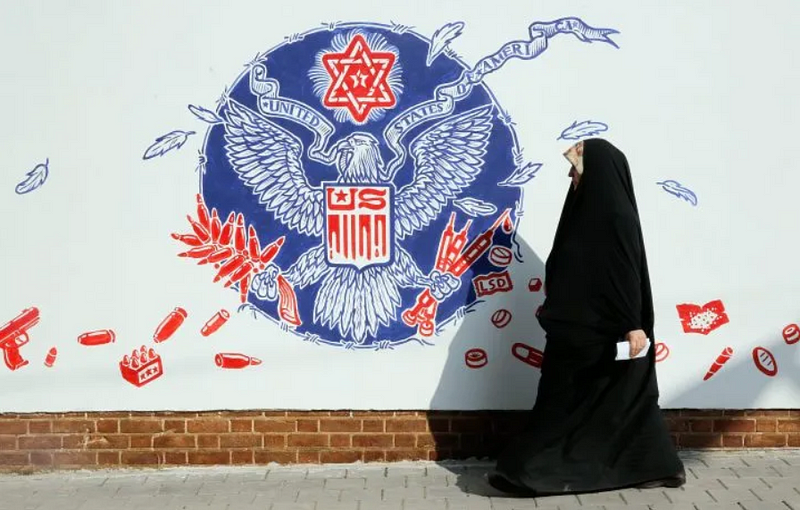“Thou Art Preferred Among Women”: The Virgin Mary in the Temple in Islam
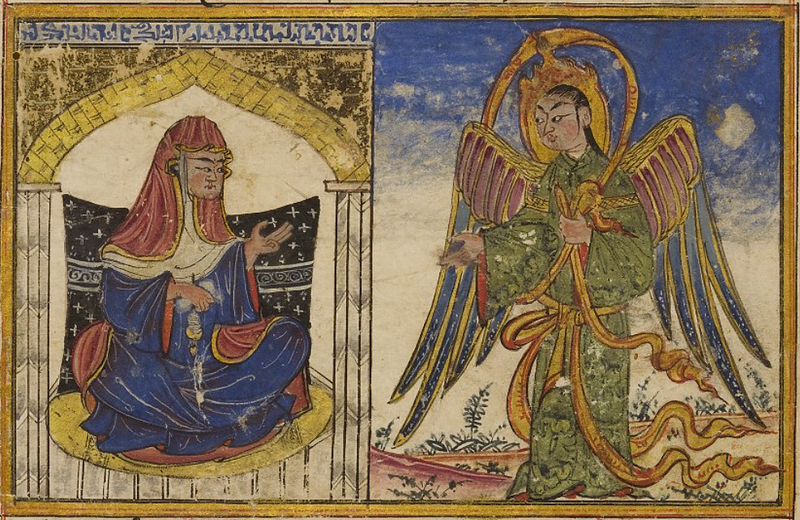
A friend of mine this evening — an Orthodox Christian convert to Islam like myself — messaged me and reminded me that tonight is the eve of the Orthodox Christian feast of the Entry of the Theotokos and Ever-Virgin Mary into the Temple. A beloved feast among Eastern Christians, it is largely forgotten in Roman Catholicism, and it is certainly a feast foreign to most any Protestant in the West.
My friend, like myself, spent the bulk of his life steeped in the rich liturgical life of the Orthodox East. This feast, which falls on November 21, is one of many feasts which mark the Orthodox liturgical year in a cycle — like the changing seasons — year after year. They, in a sense, sanctify the time. The kairos moment. The point in which God’s eternal time ruptures into our own kronos time of calendars, schedules, meetings, and modern busy-ness.
Of course, this exists in Islam, also. But it is true for both of us that this new cycle of time is still a bit new. Having recently embraced Islam, we are still both a bit wet behind the ears, as it were. “Sometimes I’m nostalgic for these old feasts” he said to me. The familiar hymns. The prayers. The candle-lit Church with its glimmering icons.
I absolutely understand this.
But ah! Alhamdulillah! This feast is not foreign to Islam at all! (At least the Virgin Mary in the Temple is not.) The Every-Virgin Mary — a miracle among miracles! — is one of the things that ties Islam to Christian tradition in a common bond. She is Exulted Among Women. Most Blessed. Beautiful among God’s creation.
Charles Le Gai Eaton, in his phenomenal book Islam and the Destiny of Man, speaks eloquently of Islam’s witnessing of Mary in the Temple. In a passage which I wish to quote in full, Eaton says this:
Jesus and his Virgin Mother are, according to the Quran, a sign or symbol of divine grace, and the Prophet said that all men and women were marked at birth by the devil’s claw, except for these two alone. One of the sternest reproaches made by Islam against the Jews is for their calumnies against Mary. ‘Allah has chosen thee,’ the Angel of the Annunciation told her, ‘and exempted thee from all stain. Thou are the preferred amongst women’ (Q.3.42) and she is a reminder to mankind of the divine mercy and bounty.
Then, referring specifically to the Virgin Mary in the Temple, he continues:
According to the Quran, Zachariah, whenever he came to seek her in the prayer-niche of the Temple, found her supplied with food (the symbol in inexhaustible spiritual nourishment). He would ask her then: ‘O Mary, whence came this unto thee?’ and she would reply ‘It is from Allah; truly Allah giveth beyond measure to whom He will’ (Q.3.37). This verse is frequently inscribed above the prayer-niches in mosques, and the Marian message (‘Allah giveth beyond measure to whom He will’) occurs a number of times in the Quran, indicating an overflowing generosity to which no human limits can be set. The incomparable Lady who presides over what might be called the feminine aspect of Islam is also the link between Islam and Christianity.
It is well-worth pointing out that just as this Marian Quran verse is often found above the prayer-niches in mosques — the niche towards which all worshipers pray — it is also the case that the Virgin Mary is the image above the altar in Eastern Christian churches. She is the Mercy Seat — full of grace and pregnant with the promises of God — pointing us to the Lord.
It is a shame that, even in modern Orthodox churches, this feast is often forgotten, minimalized or ignored. It is often the case that a ‘woman in the Temple’ seems absurd to the modern, rational-thinking mind, as nobody was generally allowed inside the temple except for the High Priest. But the Virgin Mary wasn’t just anybody.
And sophists and philosophers are struck dumb as fish at this wonder, while angels watch in amazed silence — the Virgin in the Temple, contemplating her Lord in solitude.
I need not lament ‘losing’ this feast, because it is right here in the heart of Islam.
Alhamdulillah for all things.

